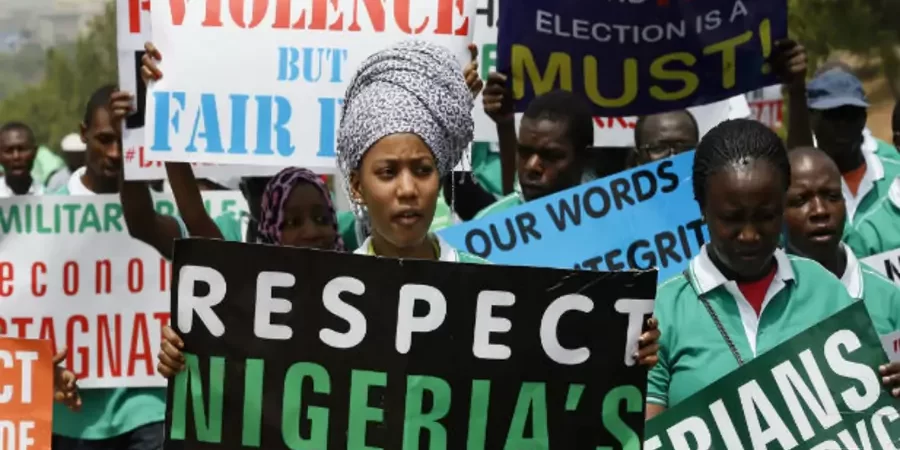The outcome of Nigeria’s highly competitive 2023 presidential election was officially announced mid-week, revealing that Bola Ahmed Tinubu from the ruling All Progressives Congress emerged as the victor with 36% of the total votes cast, which amounted to 24,965,218. Atiku Abubakar from the People’s Democratic Party and Peter Obi from the Labour Party were Tinubu’s closest rivals in the election, receiving 29% and 25% of the total votes cast, respectively.
However, Abubakar’s and Obi’s political parties have criticized the election, labeling it as fraudulent and calling for its cancellation. They have voiced their opposition to the Independent National Electoral Commission’s (INEC) inability to upload the election results from all 176,606 polling units on an electronic portal that was promised to be accessible to all citizens. As a result, they are threatening to resort to legal action to challenge Tinubu’s victory.
In response to the criticism, INEC attributed the failure to upload the results to poor internet connectivity. However, this explanation did little to appease the protesting parties, particularly given that the electoral commission had conducted a voting exercise before the election to anticipate internet network failures.
The question that still remains on everyone’s mind is “what is the fate of Africa’s most populous nation after their election?”
BY SHILOH JEDIDAH

